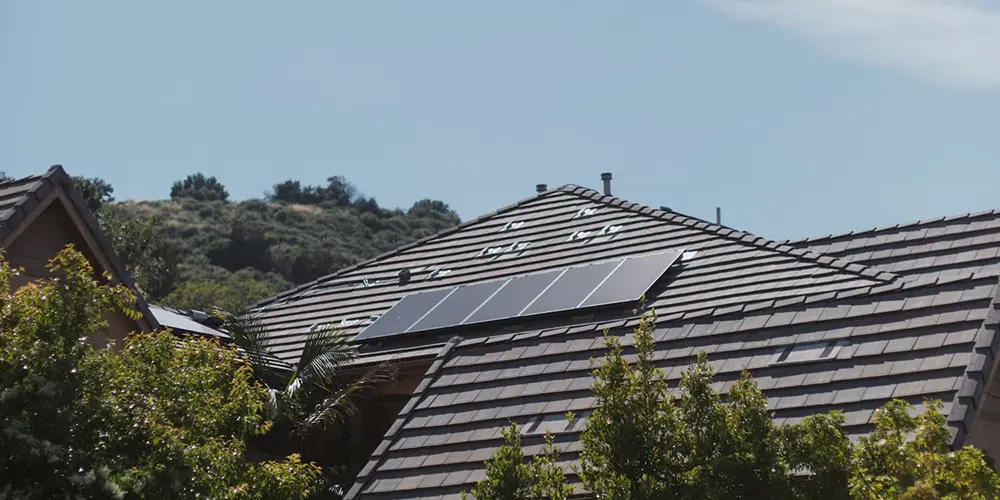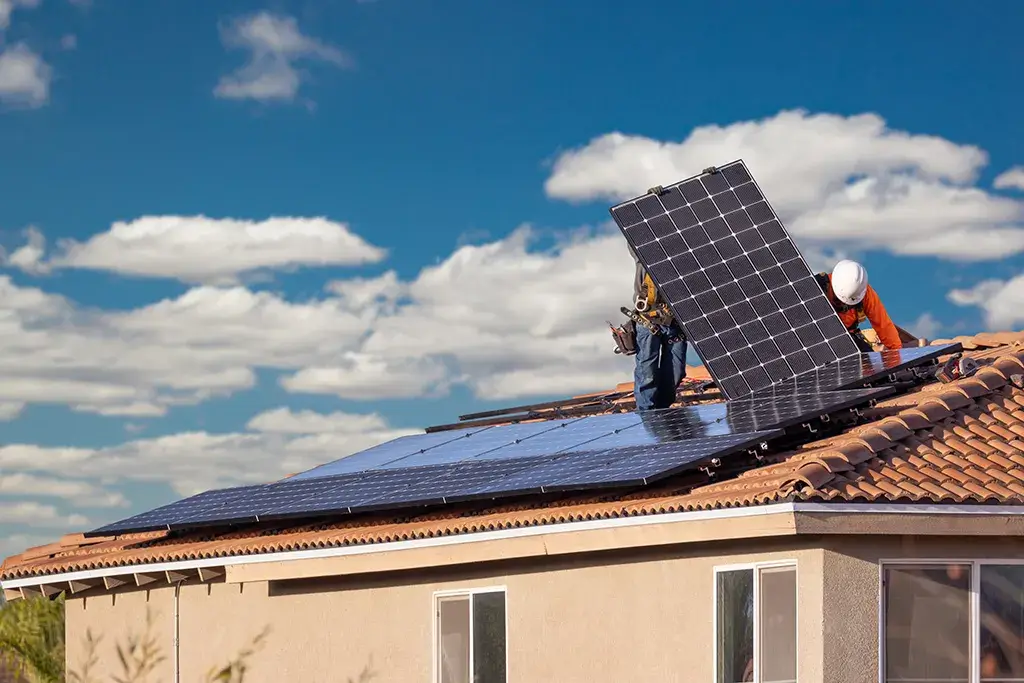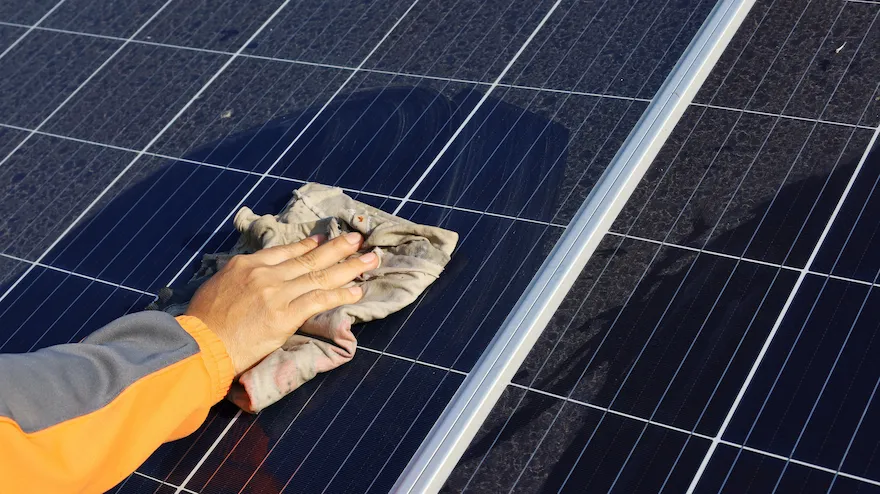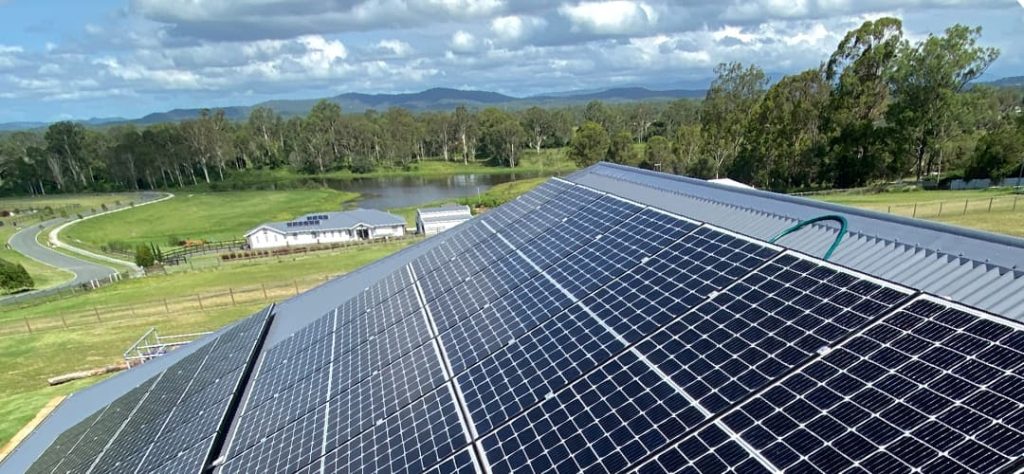Solar power is revolutionising the way we harness energy, offering eco-conscious individuals a clean and sustainable alternative with the added benefit of lower power bills. If you’re considering switching to solar energy, you’re not alone. Solar installation is on the rise, and for good reason. This comprehensive guide will take you through the essential aspects of solar installation, covering costs, processes, benefits, and, most importantly, whether it’s worth the investment.
Understanding Solar Installation
Solar installation involves the process of setting up photovoltaic (PV) panels on your property, generally on your roof, to capture sunlight and convert it into electricity. The technology behind solar power has advanced significantly over the years, making it a viable option for many homeowners.
The Solar Installation Process
A typical solar installation involves several key steps:
- Site Assessment: Solar professionals evaluate your property to determine its suitability for solar installation. Factors like shading, roof condition, and sun exposure are considered.
- Design and Permitting: A customised solar system design is created after the assessment, and the necessary permits are obtained.
- Installation: The installation process begins once the design is finalised and permits are in place. Solar panels, inverters, and all necessary components are installed.
- Inspection and Interconnection: After installation, your system undergoes inspection to ensure it meets local regulations and safety standards. It’s then interconnected with the grid or your property.
- Activation: Once the system is interconnected, it’s activated, and you can start generating solar power for your home.
- Monitoring and Maintenance: Regular monitoring and maintenance ensure your solar system operates efficiently over its lifespan.
The Costs of Solar Installation
The cost of solar installation can vary significantly based on various factors, including your location, the size of the system, the type and brand of solar panels, and available incentives. A residential solar installation can cost anywhere from $5,000 to $30,000 or more.
There are a range of state and federal government incentives and rebates to help make this cleaner energy option more affordable for homeowners. So, to keep costs down and increase your savings, it’s important to talk to your solar installation company and research current solar incentives and rebates.
It’s also important to note that as technology improves, the upfront installation costs and costs of parts are reducing, making solar energy more accessible for everyone. It’s a great time to invest in a greener and cheaper energy option for you and your family.
Solar Installation Benefits
Investing in solar installation comes with a host of benefits:
- Savings on Energy Bills: By generating your own electricity, you can significantly reduce or even eliminate your monthly energy bills depending on your energy use. This is especially beneficial with the ever-rising costs of living.
- Energy Independence: Solar installation provides you with energy independence, reducing your reliance on traditional, grid-provided utilities. To become even more independent, you can also install solar battery storage.
- Environmentally Friendly: Solar power is a clean, renewable energy source that reduces greenhouse gas emissions and your carbon footprint. This benefits not only you and your family but also creates a healthier and greener world for everyone.
- Increased Home Value: Solar panels can increase your property’s resale value, making it an attractive option for potential buyers.
Is Solar Installation Worth It?
Determining whether solar installation is worth the investment depends on your specific circumstances. Consider the following factors:
- Local Solar Conditions: The amount of sunlight your area receives plays a significant role in the system’s efficiency.
- Electricity Costs: High electricity costs can make solar installation a more attractive option.
- Incentives: Explore available government incentives and rebates to reduce the initial investment.
- Return on Investment: Calculate your potential savings over the system’s lifespan to determine the return on investment.
- Long-Term Plans: Consider your long-term plans in your current home. If you plan to stay for several years, solar installation becomes more financially appealing.
In many cases, solar installation pays off in the long run. Not only do you enjoy energy savings, but you also contribute to a sustainable future. Evaluate your unique situation and consult with a solar professional to determine if it’s the right choice for you.
In Summary
Solar installation offers a sustainable and cost-effective way to power your home. By understanding the costs, processes, and benefits of solar energy, you can make an informed decision about whether it’s worth the investment. With the global shift towards clean energy, embracing solar power is not only a smart financial choice but also an eco-conscious one.
If you’re looking to reduce your carbon footprint and gain energy independence, solar installation may be the ideal solution for your home. For more personalised advice or to get a solar system installed on your property, contact our solar experts.







